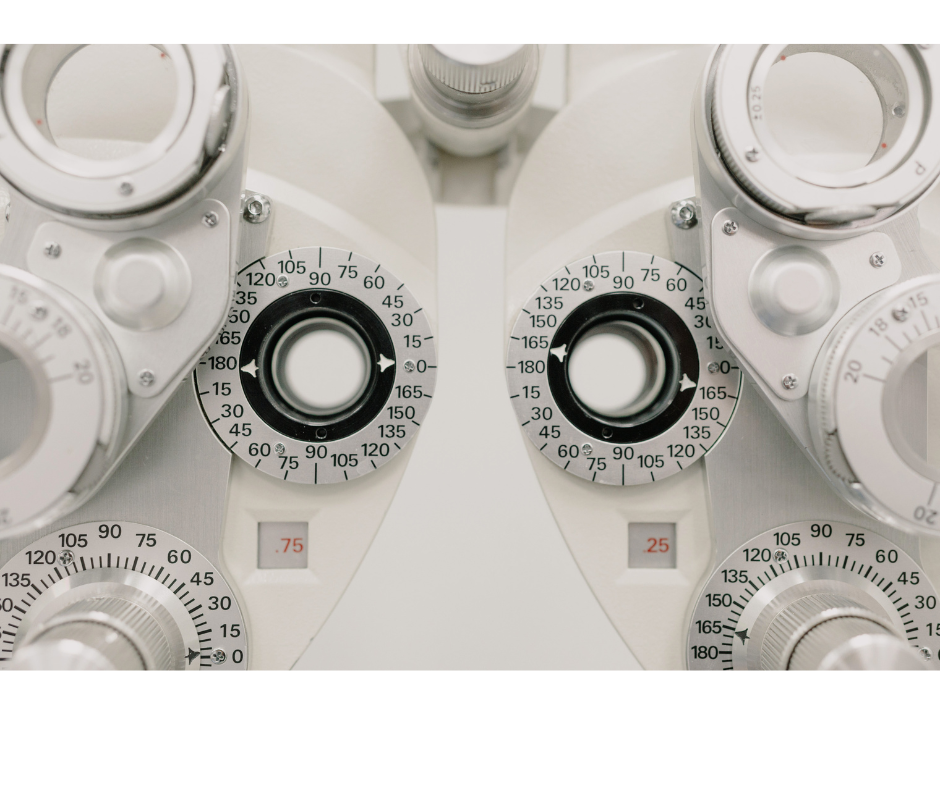
Pre-Optometry Coursework
The following coursework satisfies the required and recommended courses for admission to optometry school. Note this represents general guidelines and requirements vary from one school to the next. It is your responsibility to verify the requirements of the individual schools by perusing their websites. Here’s also a full list of Optometry programs.
The prerequisites for grad schools in Washington:
To gain insight into the competitiveness of the optometry school admissions’ process, please review the student profile statistics published by the Association of Schools and Colleges of Optometry. The Southern California College of Optometry’s (SCCO) Director of Admissions created “Ten Steps to Becoming a Competitive Applicant” and offers insight into how SCCO views potential applicants, their academic profiles, and experiences.
Biology Courses:
- BIOL 225 (Molecules, Cells and Organisms)
- BIOL 226 (Genes, Evolution, Diversity and Ecology)
One semester of each of the following is also recommended by many programs:
- BIOL 342 (Microbiology)
- BIOL 352 (Comparative Anatomy)
- BIOL 453 (Human Physiology)
Please make sure you look at the requirements of individual schools, particularly whether they require a two-course sequence in Human Anatomy and Physiology, which is offered at PLU.
English Courses
Most schools require applicants to take two English courses prior to matriculation. The English requirement is intended to demonstrate competency in grammar and composition as well as comprehension and analysis of written work. In general, the English requirement is met by taking courses that schools would recognize as writing or literature courses.
Behavioral Sciences:
The following course is recommended for anyone entering into the Optometry field. Some programs require one or more social or behavioral science courses while others only recommend they be taken. Please check with your selected school to be sure your requirements are met.
- PSYC 101 (Introduction to Psychology)
Chemistry Courses
Take the following two course sequence in General Chemistry:
- CHEM 115 (General Chemistry I)
- CHEM 116 (General Chemistry II)
Take the following two course sequence in Organic Chemistry:
- CHEM 331/333 (Organic Chemistry I + laboratory)
- CHEM 332/334 or 346 (Organic Chemistry II + laboratory)
Optometry schools either require or recommend one semester of biochemistry.
Physics Courses
PLU has two introductory physics series. Students interested in optometry should take the sequence that is required for their intended major. Students majoring in biology usually take the PHYS 125/126 series with accompanying labs, while those majoring in chemistry or physics must take the PHYS 153/154 series with accompanying labs.
Mathematics Courses:
One semester each of Calculus and Statistics.
Professional Experiences
Experience in Optometry
Nearly all students who apply to optometry school will have outstanding grades and OAT scores. Therefore, the admission offices at optometry schools will evaluate how you fill your spare time with meaningful co-curricular and extra-curricular activities. Working to support yourself, volunteering in an appropriate healthcare setting, and undergraduate research are the most common activities noted on the application. Participation in student government and/or athletics offers opportunities where you can develop and practice important leadership skills and teamwork abilities. Even serving as a laboratory teaching assistant or being a supplemental instruction leader can become a meaningful learning opportunity.
Job Shadowing
All health professions schools strongly recommend, require really, applicants to shadow. Optometry school is no different. The point is threefold:
- To gain a real-world understanding of what people in the profession actually do
- To affirm that optometry is the right path for you
- To help you prepare for the admissions interview, during which you’ll definitely be asked to explain why you want a career in the field
Not every school or college of optometry mandates a certain number of shadowing experiences or hours (although some do), but all of them consider it best that you shadow several optometrists who are practicing in different settings. This gives you a wider view of the many different ways it’s possible to practice optometry. However, the more time you spend volunteering, shadowing or employed with healthcare professionals, the more convinced you will become that optometry is (or is not) the right path for you.
Shadowing is more than “following an optometrist around,” but instead provides an opportunity to begin the learning process that will extend throughout your education and your career as an optometrist. It is also important that you consider what you’ve learned during your time shadowing. When you complete your application, you will need to be prepared to discuss your experiences with optometry in detail as well as communicate that information during your school interviews. Thus we recommend that you keep a journal throughout your undergraduate years in which you record your experiences as this will help you prepare for this crucial stage of the application process.
Community Engagement
In addition to clinical experience, optometry schools prioritize applicants who demonstrate a commitment to service and working in communities different from their own. Consider some type of volunteer experience, such as helping out at a food bank or soup kitchen. There are endless opportunities for you to volunteer your time, many of which you can find out about through your university, local churches, community newspaper/bulletin, or personal acquaintances. Admission committees don’t have a specific list of “appropriate” volunteer opportunities – choose volunteer opportunities that are meaningful to you.


